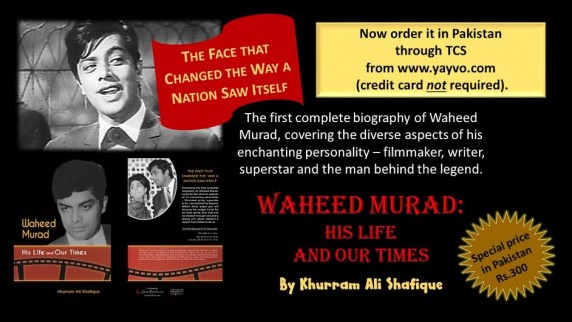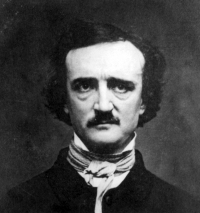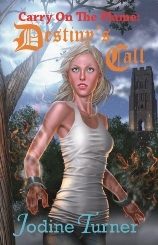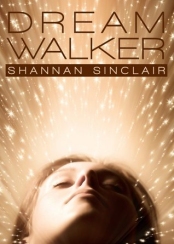
SK: The much-anticipated Pakistani edition of Waheed Murad: His Life and Our Times, which was published in the UK by Libredux Publishing last year, has just been released as of yesterday (16 August 2016). Below is Khurram Shafique’s announcement email:
My dear friends,
Please allow me to write this email on a personal note, and speak straight from the heart.
With my new book, I might be questioning our understanding of almost everything – I have myself experienced this paradigm shift due to the influence of Iqbal’s teachings, and now I’m sharing the crux of it all in my new book, Waheed Murad: His Life and Our Times.
The title is deceptive.
The book is the story of Iqbal’s literary movement after his death in 1938. We know that the dreams of this movement came true when Iqbal’s party gained a spectacular victory in the election of 1945-46, paving the way for the birth of Pakistan (including the present-day Bangladesh). We also know that every school of thought except one had rejected this goal within the first seven years of the country’s existence.
In my book, I’m telling the story of the only school of thought that remained committed to the goal the nation had adopted under the Quaid. This school has been banished from our academic and intellectual life, and has been disinherited most treacherously.
Therefore, this is not the story of a filmstar. It is your story. It is our story. It is about how our dreams, our ideals, and perhaps even our souls got stolen and how we still do not know. Where did they go? This is what I’m trying to answer in Waheed Murad: His Life and Our Times.
The book is the result of my journey of discovery in the light of whatever I learnt from Iqbal. What I found in this journey, I’m sharing here with you, with a promise that after reading this book, your perception of Pakistan will change forever.
The book is now available in Pakistan through TCS, at their website (credit card is not needed). Special price of the Pakistani edition is Rs.300. It has been published by Libredux, who also published the UK-US edition last year, and is being distributed in Pakistan by Topline Publishers.
I hope that you will enjoy this book.
Regards
Khurram Ali Shafique




 Recently I wrote a post about the difficulty I was having with
Recently I wrote a post about the difficulty I was having with 


